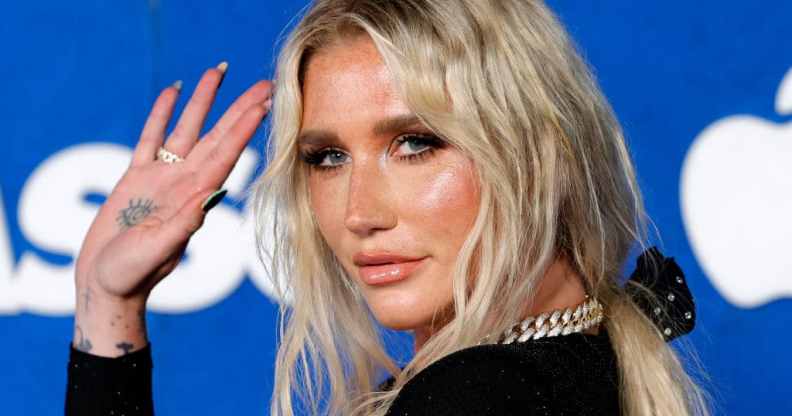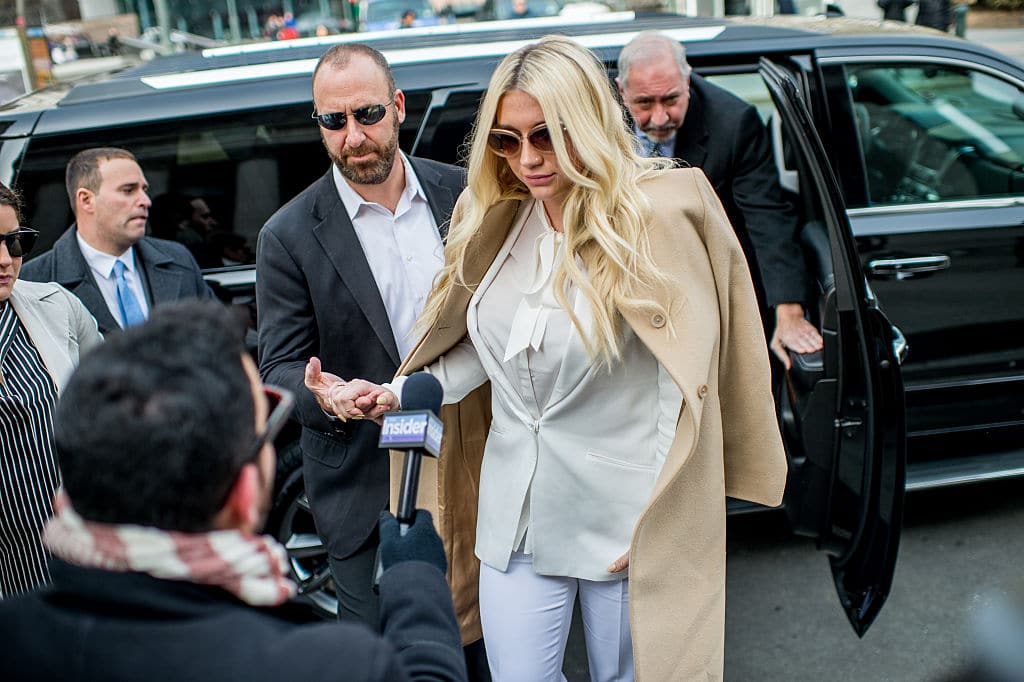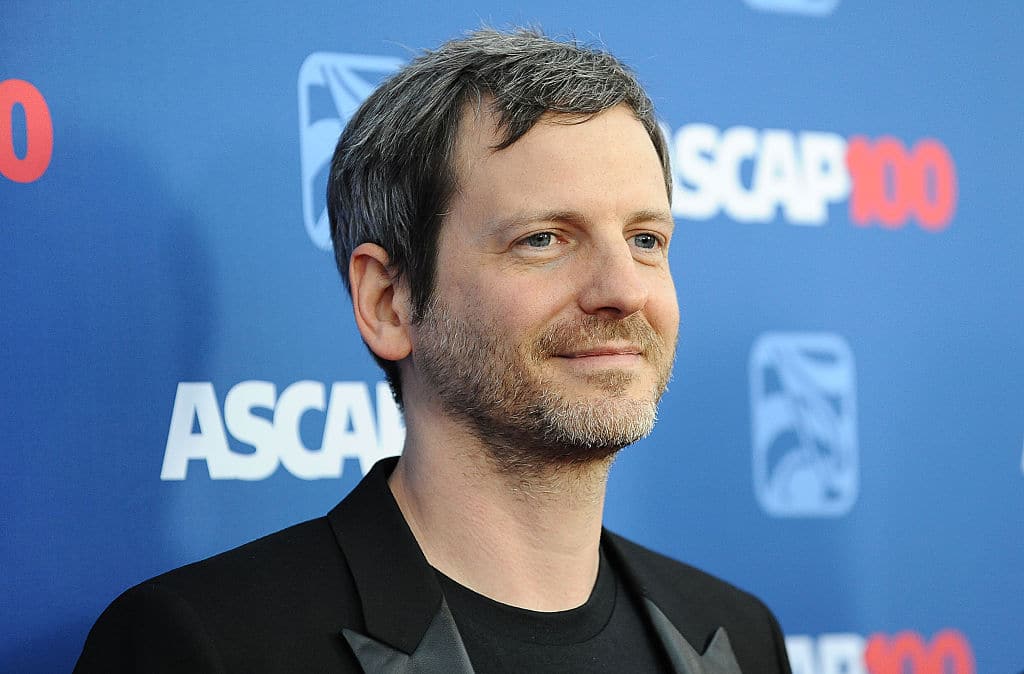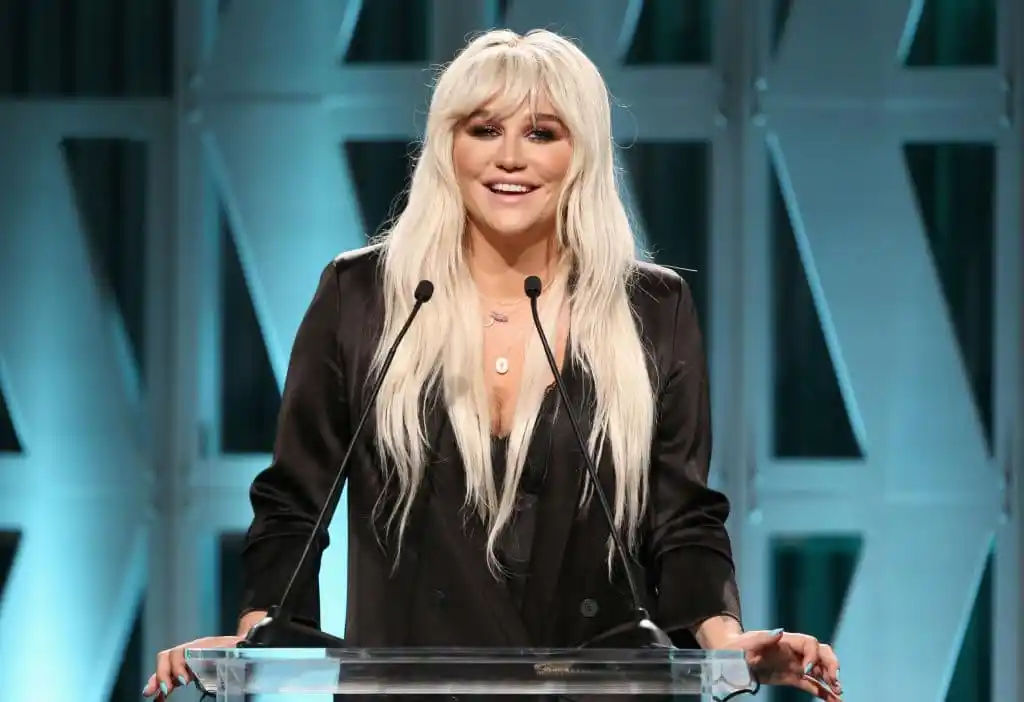Free Kesha: Singer’s long, complex legal fight with Dr Luke – and why fans are rallying behind her

Kesha. (Getty
As Kesha is finally freed from Dr Luke’s record label, we take a look back at the long, complex legal battle between the pair that spanned a decade.
There was a sense of joy among Kesha fans when Variety broke the news on Monday (18 December) that the singer had finally been released from Dr Luke’s record label.
The news comes just months after Kesha released her fifth studio album Gag Order to critical acclaim. Shortly after the release of that album, she and Dr Luke – her onetime producer and co-writer – announced that they had settled various ongoing lawsuits out of court.
It has now been confirmed that Kesha’s deal with Kemosabe, Dr Luke’s label, officially came to an end last week. As had been widely speculated, Gag Order was the last album she was contracted to release with Kemosabe, meaning the deal came to a natural conclusion.
Variety also reported that Kesha had parted ways “amicably” with her management company, Vector Management.
The news brings to a close a complicated legal battle that saw Kesha accuse Dr Luke of drugging and raping her. Dr Luke, whose real name is Lukasz Gottwald, has vehemently denied the allegations.
As Kesha becomes a free artist, we take a look back at the legal battle that she became embroiled in – and we remember the Free Kesha movement, a fan-led campaign which pushed to have the singer freed from her contractual obligations.
Kesha signed to Dr Luke’s label in 2005 when she was just 18 years old
Kesha’s relationship with Dr Luke began in 2005 when she signed to Kemosabe Records, Dr Luke’s label. In 2009, she signed a multi-album deal with RCA Records (both, at the time, were part of Sony Music), and later that year she unleashed her debut single “Tik Tok” on the world. It became a massive hit, and went on to spend nine weeks at number one in the United States. The following year, she released her debut album Animal.
Dr Luke was heavily involved in Kesha’s career from the get-go, and he continued to wield creative control during the recording of her second studio album Warrior, which was released in 2012. The following year, a fan set up a petition calling for the singer to be “freed” from Dr Luke’s management, suggesting that he was “stunting” her growth as an artist.

That same year, the documentary series Kesha: My Crazy Beautiful Life aired. People were shocked when Kesha said she had little creative control over her second album. She claimed songs had been scrapped from the finished record without her consent.
It was already clear that the relationship between Kesha and Dr Luke had become uneasy – but nobody could have known just how bad things would get.
She asked the courts to free her from her contact with Dr Luke
In January 2014, Kesha checked into a rehabilitation facility and revealed that she had been suffering from bulimia. It was there that she started work on her third studio album, the record that would become Rainbow, and when she got out of rehab, she ditched the infamous dollar sign in her name publicly.
In October of that year, things changed forever for Kesha when she filed a civil lawsuit against Dr Luke. She accuse him of sexual assault and battery, sexual harassment, gender violence, emotional abuse and violation of business practices in California during their near-decade working together. Almost a year later, Kesha asked for a preliminary injunction that would release her from her contract with Kemosabe Records.
Dr Luke – who has always denied all of the allegations levelled against him – filed a countersuit claiming that Kesha and her mother had defamed him. He claimed that they had fabricated allegations of abuse so she could be released from her contract.
In February 2016, Kesha was dealt her first major setback – Justice Shirley Kornreich ruled against her request that she be freed from her contract with Kemosabe Records after Dr Luke said she wouldn’t have to work with him anymore.
“You’re asking the court to decimate a contract that was heavily negotiated and typical for the industry,” Kornreich told Kesha’s lawyers. “My instinct is to do the commercially reasonable thing.”
Dr Luke denies raping Kesha
Shortly after that decision, Dr Luke tweeted: “I didn’t rape Kesha and I have never had sex with her. Kesha and I were friends for many years and she was like my little sister.”
Kesha later claimed on social media that she was told she would be freed from her record deal if she publicly retracted her rape and drug allegations against Dr Luke and apologised for lying. The singer said she rejected the offer, saying the truth could not be retracted. A spokesperson for Dr Luke denied that the settlement deal was ever offered.
Kesha was dealt her biggest legal blow in April 2016 when Kornreich dismissed the singer’s allegations of sexual assault, sexual harassment and gender violence.

“While Kesha’s [claim] alleges that she was sexually, physically and verbally abused by Gottwald for a decade, she describes only two specific instances of physical/sexual abuse,” Kornreich wrote in her decision. “And the most recent event described was alleged to have happened in 2008 and so falls outside of the statute of limitations.”
In August 2016, Kesha dropped her sexual abuse case in Los Angeles, but said the case would continue in New York. She said the lawsuit had been heavy on her “once free spirit” and that she would pray to “one day feel that happiness again”.
Kesha released ‘Praying’, widely thought to be about Dr Luke, on the label he founded
The following year, Kesha released the song “Praying”, and her third studio album Rainbow was released shortly afterwards. Both were released on Kemosabe Records, although Dr Luke was not credited as a songwriter or producer.
That same year, Dr Luke threatened to sue Kesha for defamation over a text she sent to Lady Gaga in which she claimed he had raped another artist. In August, Lady Gaga agreed to provide unredacted copies of texts Kesha sent her.
In 2018, details of that text were finally made public. According to court documents filed by Dr Luke, Kesha accused him of raping Katy Perry in texts to Lady Gaga. Those court documents revealed that Perry had given a deposition over the text conversation in which she said she had not been raped by Dr Luke.
Kesha’s legal team later told Variety: “It would have remained completely private, except that Dr Luke and his team took an email obtained only in discovery and decided to publish it to millions of people in his amended complaint against Kesha, and then claim reputational harm from his own widespread publication.”
Kim Petras has faced backlash for working with Dr Luke
In the background, a small number of artists have continued to work with Dr Luke, including Doja Cat and Kim Petras. The latter has defended herself from criticism, telling Buzzfeed News last year: “I just feel like a lot of it is like getting transferred to me. A lot of people like to blame it on the women. I think I’m sometimes being held to a different standard than other artists.”
Kim Petras has repeatedly come under fire from Kesha fans for continuing to work with the producer, but the backlash reached a fever pitch in February 2022 when she released her EP Slut Pop.

The EP featured songs like “Treat Me Like a Slut” and “Throat Goat”, which is all about oral sex. In other circumstances, it would have been hailed as an empowering ode to sexual submission, but Dr Luke’s involvement – he co-wrote and produced the entire EP – left some fans feeling conflicted.
Shortly after Petras dropped her EP, Ben Abraham, a songwriter who co-wrote Kesha’s song “Praying”, tweeted: “Kesha’s still signed to Dr Luke. Just in case anyone forgot. It’s still in litigation. He still controls her releases. It’s been eight years. Women’s voices matter.”
Slowly, the hashtag #FreeKesha started trending on Twitter, with fans expressing their hope that the world will sit up and pay attention once more to the complicated legal situation Kesha had found herself in.
Gag Order appears to touch on Kesha’s legal troubles
By the time 2023 rolled around, Kesha was gearing up to release her fifth studio album on Kemosabe Records. In April, she told Rolling Stone that she named the album Gag Order because there had been “an implied gag order for a very long time now”.
“With my ongoing litigation hanging over my head, I have not been able to speak freely because I know everything I say is scrutinised,” Kesha said. On the song “Fine Line”, she claps back at “all the doctors and lawyers [who] cut the tongue out of my mouth” before ending with the mic-drop line: “But hey, look at all the money we made off me.”
Just weeks later, in June, Kesha and Dr Luke settled out of court. In a statement, Kesha wrote: “Only God knows what happened that night. As I always said, I cannot recount everything that happened. I am looking forward to closing the door on this chapter of my life and beginning a new one. I wish nothing but peace to all parties involved.”
Dr Luke said: “While I appreciate Kesha again acknowledging that she cannot recount what happened that night in 2005, I am absolutely certain that nothing happened. I never drugged or assaulted her and would never do that to anyone. For the sake of my family, I have vigorously fought to clear my name for nearly 10 years. It is time for me to put this difficult matter behind me and move on with my life. I wish Kesha well.”
Just a couple of months later, Kesha announced that she was renaming her tour from the Gag Order Tour to the Only Love Tour. It was a clear sign that she saw her future as bright, and it signalled to fans that their suspicions were right – that her deal with Kemosabe was finally coming to an end.
Finally, on 18 December, 2023, as news broke that she was no longer signed to Kemosabe Records, Kesha posted a picture of herself nude, the photographer looking on from a distance.
Fittingly, she captioned the post: “Coming back home to me.”

